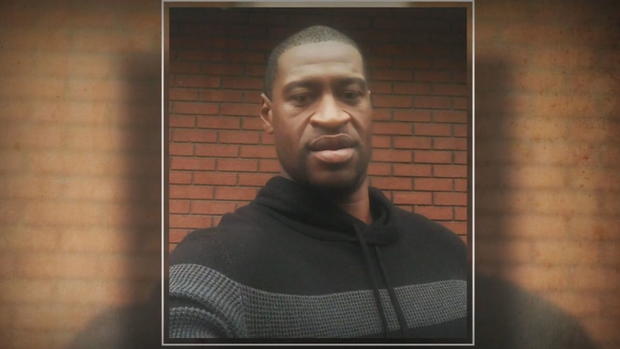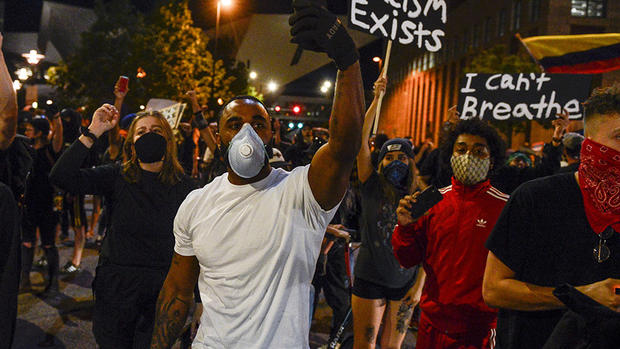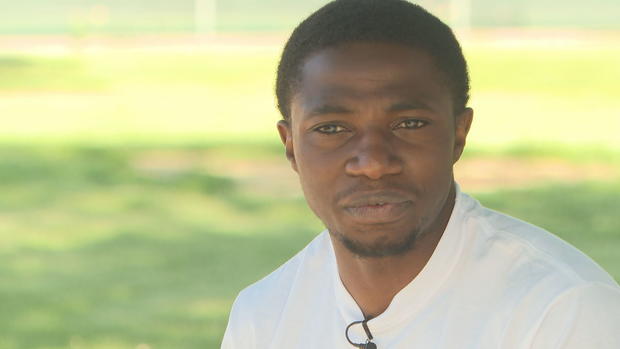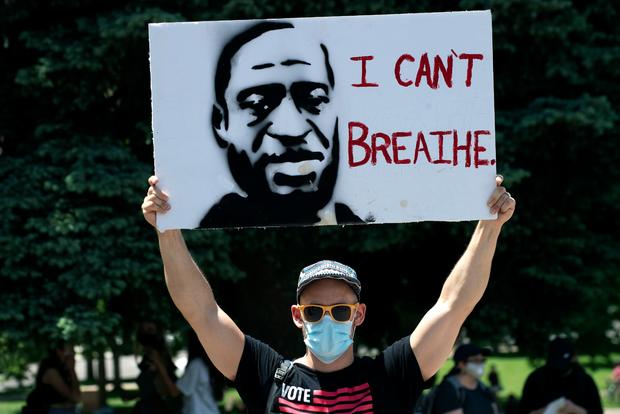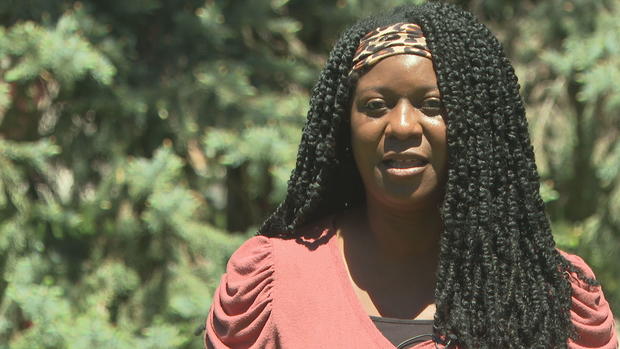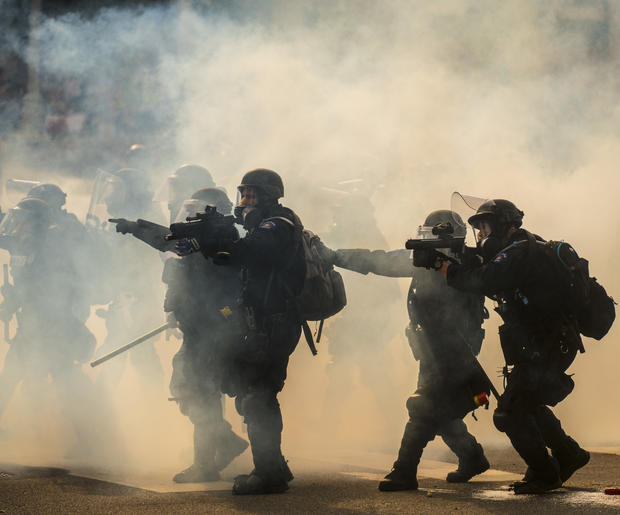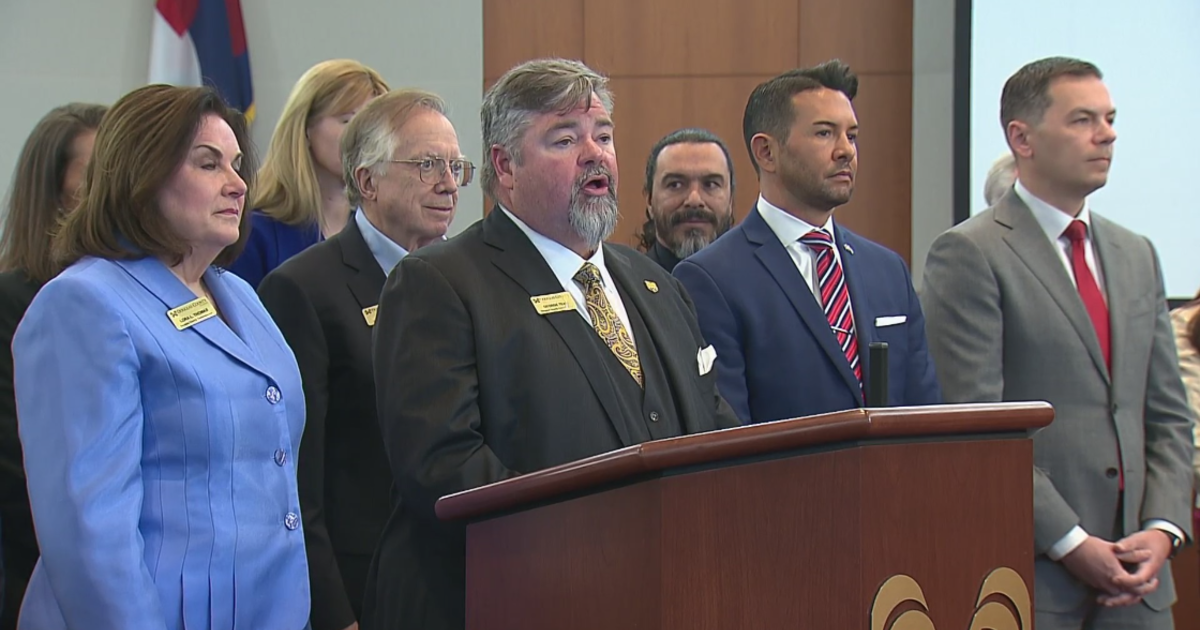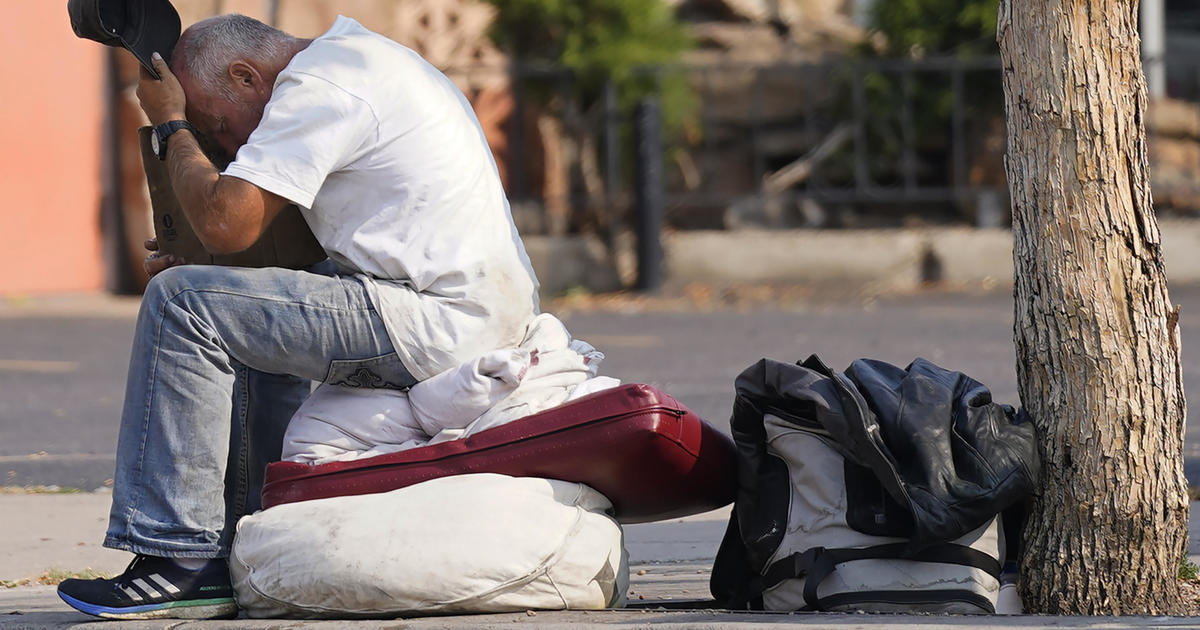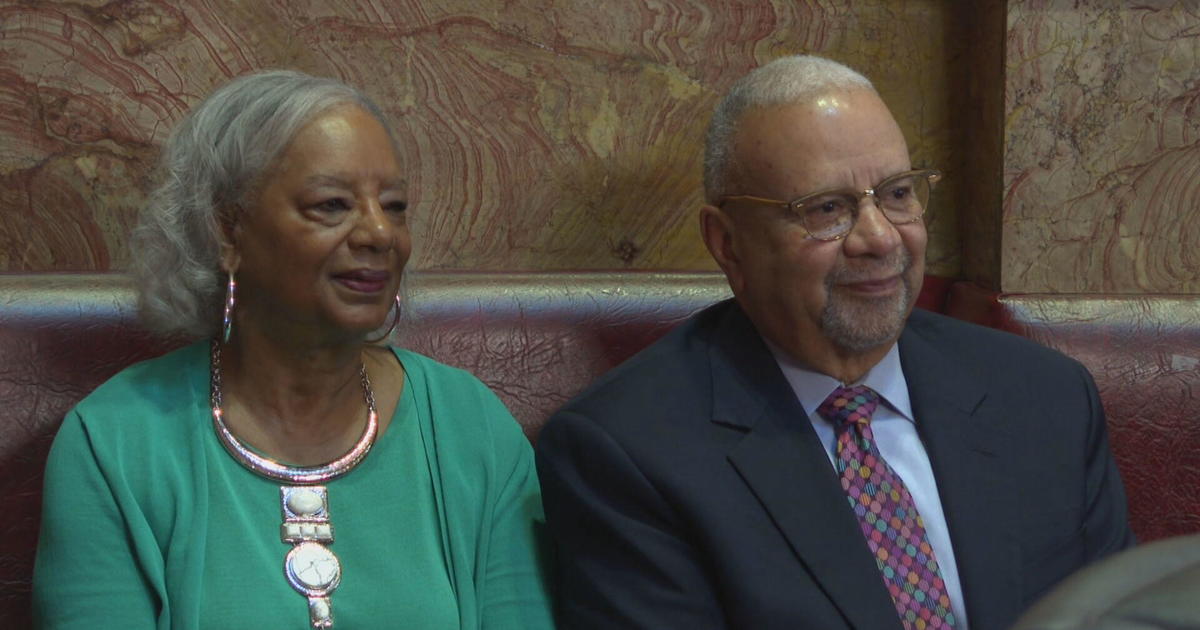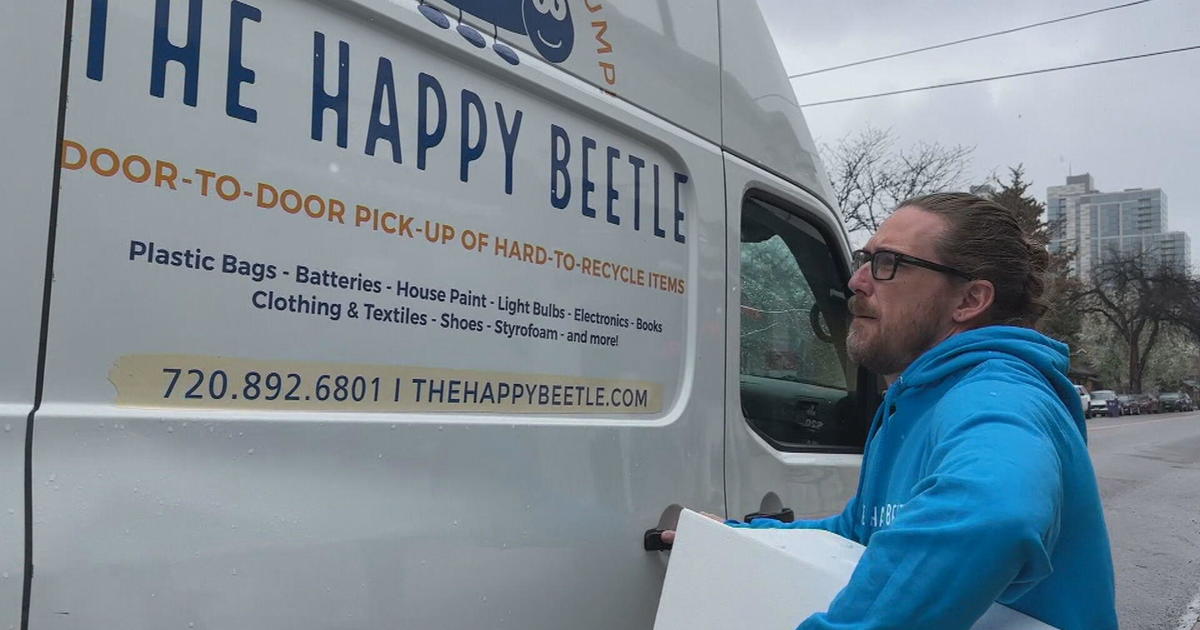'It Was Overwhelming': Coloradans Reflect On George Floyd's Death, One Year Later
DENVER (CBS4) – With Tuesday marking one year since the death of George Floyd, some Coloradans took time to reflect on a year of pain, protests, and attempts at progress. Floyd died after a Minneapolis police officer pressed his knee onto Floyd's neck last May.
Floyd's death sparked major protests in communities across the country, including in Denver.
Peter Lubembela is one of many Denver activists who led protests last year. The 22-year-old said watching video of the incident leading up to Floyd's death was painful and made him question American ideals such as freedom and safety.
"It just makes you question like; will I ever be safe in the United States?" Lubembela said. "You're always on hold for the next tragedy to happen."
The proud Montbello resident and recent Howard University grad admits last May wasn't the first time he asked that question, but this time was different.
"The whole country was traumatized by a black man dying at the knee of a white police officer for more than nine minutes," he said.
Dr. Apryl Alexander is an activist, associate professor the University of Denver, and member of Denver's Citizen Oversight Board who chooses not to watch the video of the incident.
"This was the first time where people were at home and just could not tune out. You couldn't ignore that video being played on media and social media," Alexander said. "It was overwhelming to see people showing up for the very first time and becoming involved in the movement."
Alexander joined many other community members at protests in Denver and Aurora last summer. She remembers how they began focused on George Floyd, but then people started learning about local incidents, such as the death of Elijah McClain after he was arrested by Aurora police.
"I think so much shifted in that case once people became aware of it," Alexander said. "People started contacting Aurora City Council and demanding justice. We had further protests as people started learning about it."
Those demands at times led to conflict with police, including clashes where officers used gas or pepper balls and rubber bullets against protesters.
"It kind of highlighted another need that have in our community to think about how we are able to express ourselves, especially in a time of distress," Alexander said.
The protests also led to pushes for tangible change, which gives Alexander the most hope.
"You had more people showing up to city council meetings than ever before. You had people showing up to the state Capitol to talk about Senate Bill 217 that would create a system of accountability," she said.
Young activists like Lubembela want to invoke more change. Last summer was the first time his organization, 10for10, held rallies.
"You don't necessarily have to be experienced to know injustice. You don't have to be an organizer to feel pain," Lubembela said. "Older people criticize protests and marches for being ineffective, but they inspire, they create hope, they give young people a platform and show them that they have power."
For Lubembela, Alexander, and many more, the momentum continues in the name of George Floyd and many others.
"A lot of people say, 'Do protests actually lead to change?' The answer is yes, we've started. Do we still have a long way to go? Of course," Alexander said.
